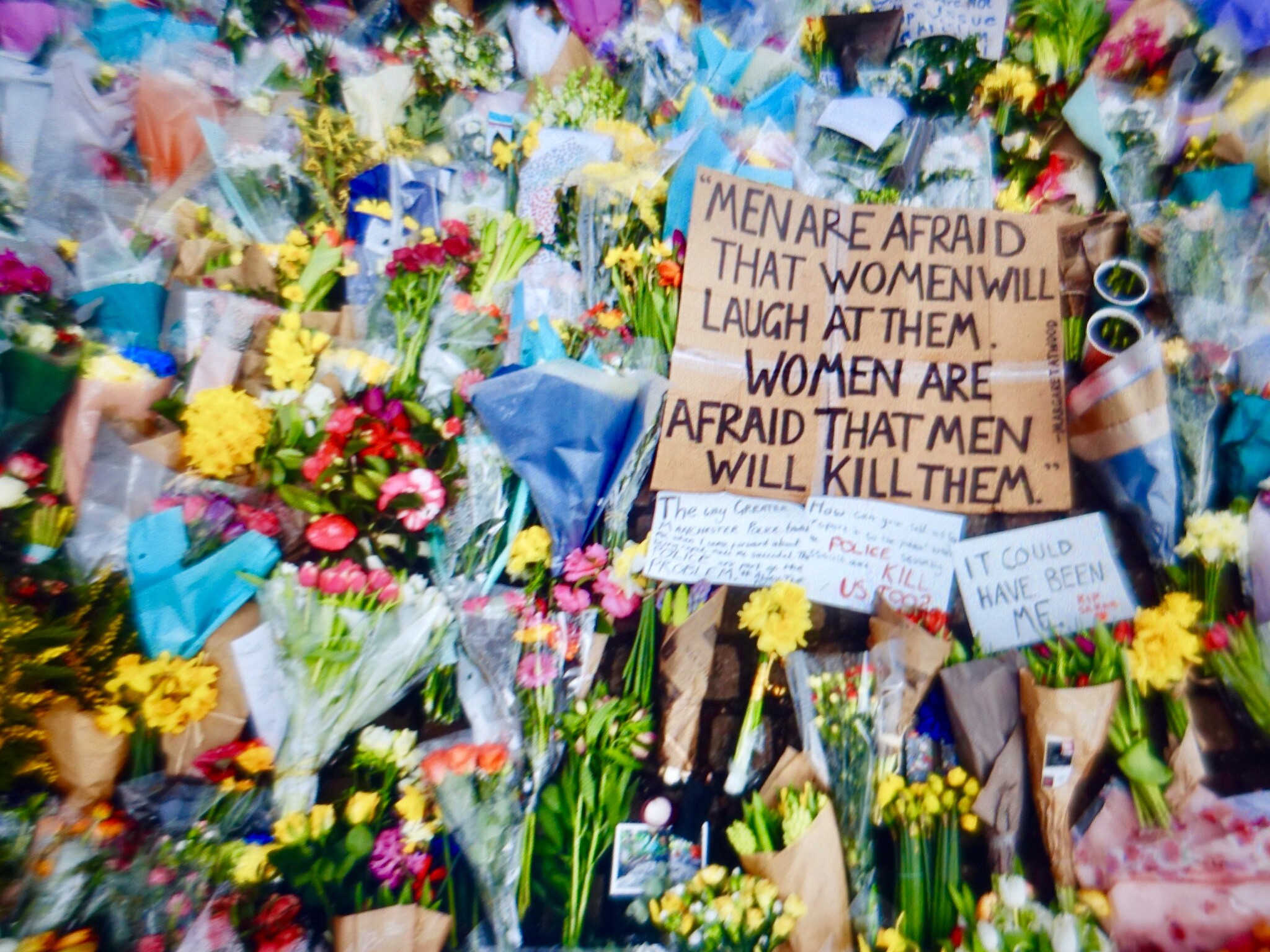Women’s rights campaigners have argued that the Metropolitan Police’s efforts to stop the proposed vigil in memory of Sarah Everard breached their rights to freedom of expression and association. Reclaim These Streets, a collective that campaigns against street harassment and violence against women and girls, launched two-day judicial review proceedings in the Divisional Court. The group claimed that the Met unlawfully ‘vetoed’ their proposed event by threatening the organisers with arrest and a fine of up to £10,000 on the grounds of an unlawful policy that blanket-banned all gatherings for protests due to coronavirus regulations.
‘The event they sought to organise was about collective physical presence of women coming together to feel safe, supported, and to reclaim public space for Ms Everard and other women who have lost their lives,’ said the claimants’ barrister Tom Hickman QC during the first hearing on Wednesday. According to Hickman, the ‘stymying’ of their right to hold the vigil in relation to an issue of ‘pressing social significance’ had a ‘chilling’ effect on the campaign group and represented a ‘lost’ opportunity to ‘capture the public mood and build an enduring mass movement to protect women from violence’.
In written submissions, the lawyers representing the group argued that the Met ‘had ‘an established policy and/or practice that gatherings were prohibited and that there was no exception for protest’, which was unlawful in light of a 2020 Court of Appeal ruling that held that people could lawfully participate in public gatherings whilst exercising their rights to freedom of expression and association if they had a ‘reasonable excuse’ under existing regulations.
In court, the group’s barristers argued that instead of considering such an excuse and taking their rights to protest as the premise for their decision-making, the Met ‘adopted the stance that the proposed gathering was unlawful and that the police should actively deter those organising it and attending it from doing so’.
‘We are really pleased to be taking this important case forward,’ said Anna Birley, one of the four claimants in charge of organising the proposed vigil. ‘We believed then, as we believe now, that we have a very clearly defined right to protest, and that if there was ever a reasonable excuse for exercising this right, it was last March when a young woman was abducted, raped and killed by a then serving police officer.’
Monica Carss-Frisk QC, the barrister for the Met Police, argued in written submissions that there was ‘no dispute’ that a gathering of two or more persons had been in breach of the coronavirus regulations and that the regulations ‘provided no relevant exception’.








